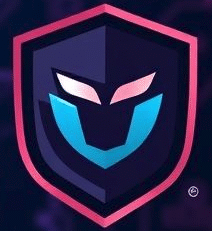When I started my journey in cyber security more than a decade ago, the industry was still trying to explain why “hackers” mattered to companies. Fast forward to today, and the numbers speak for themselves. According to (ISC)² Cybersecurity Workforce Study 2024, the global shortage of cyber professionals is over 4 million. In India alone, NASSCOM estimates the gap at more than 300,000 unfilled roles. That’s not hype, that’s real data from the field.
So why should you care? Because every business is now a digital business. Banks, hospitals, e-commerce sites, even your local college—all are online and all are at risk. Each new app or cloud migration creates more entry points for attackers. The demand for people who can defend these systems is only going to grow.
The career path in cyber security is not limited to “ethical hacking.” There are roles in Security Operations (SOC), Cloud Security, Risk & Compliance (GRC), Incident Response, and Threat Hunting. Salaries reflect the urgency: a fresher SOC analyst in India can start around ₹5–6 LPA, while experienced penetration testers and cloud security engineers easily cross into ₹15–25 LPA. Globally, the average cyber security salary is over $100,000.
But beyond the money, there’s impact. Every time you detect a phishing campaign, close a vulnerability, or stop a ransomware attempt, you’re directly protecting people and businesses. That kind of job satisfaction is rare.
For students and professionals, the entry barrier is lower than you think. You don’t need to be a computer science topper to start. What you need is curiosity, persistence, and hands-on practice with real labs. Tools like Wireshark, Burp Suite, and Azure security services are all accessible today. If you can commit 2–3 months of serious learning, you can get industry-ready for your first role.
Looking ahead, cyber security is not going anywhere. AI will change how we detect and respond, but it will never replace the need for humans who understand context, business risk, and creative attack paths. That’s why I strongly believe learning cyber security now is not just about getting a job—it’s about future-proofing your career.
